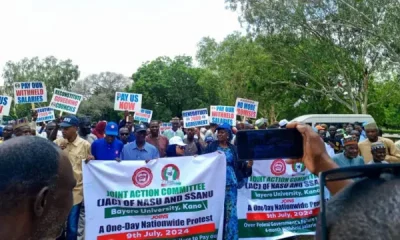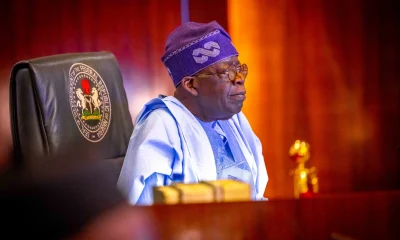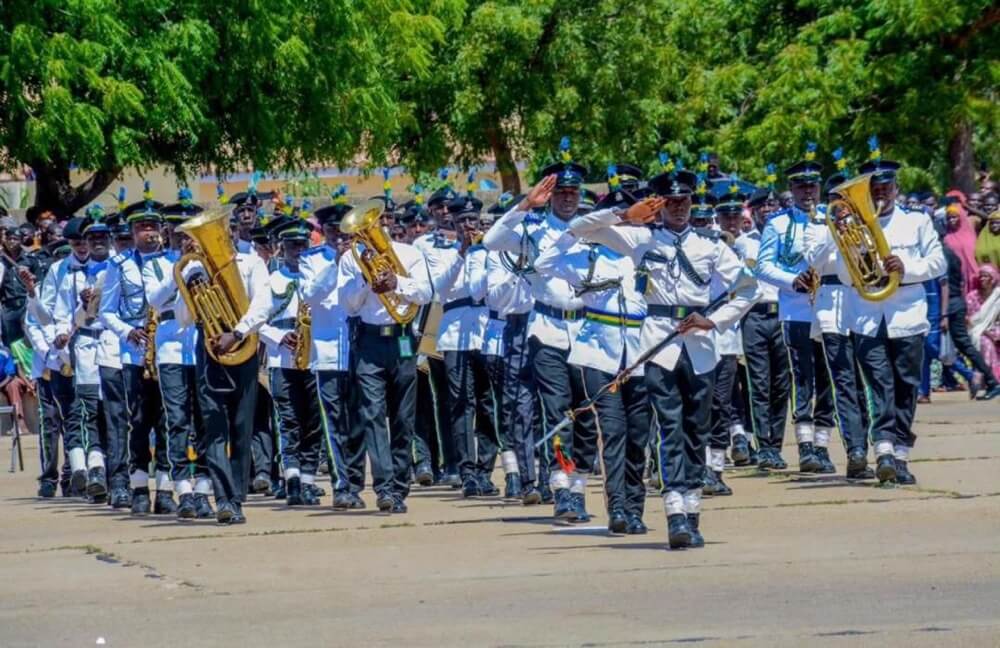News
Nigeria Submits Bid to Host Formula 1 Grand Prix in Abuja

Education
Aiyedatiwa Urges Private Partnership to Address Hostel Shortage in Ondo Varsities
Defence and Security
Police Graduate 10,000 Constables to Strengthen National Security
News
Insecurity: Protect Christian Communities, CAN Charges FG
-

 News23 hours ago
News23 hours agoSenator Natasha Makes Bold Comeback as Senate Resumes Plenary
-

 INEC'11 hours ago
INEC'11 hours agoYakubu Bows Out After Two Terms as INEC Chairman
-

 Education11 hours ago
Education11 hours agoSSANU, NASU to Protest Nationwide Over Unmet Demands
-

 News9 hours ago
News9 hours agoTinubu Accepts Nnaji’s Resignation Over Certificate Scandal
-

 News9 hours ago
News9 hours agoObi Rejects Class Discrimination, Reaffirms Support for Ordinary Nigerians
-

 News9 hours ago
News9 hours ago2026 WCQ: Fredrick Joins Super Eagles, 18 Players Now in Camp
-

 News23 hours ago
News23 hours agoCooking Gas Price Steady at ₦1,200 per Kg in Abuja Despite Surge in Lagos
-

 INEC'11 hours ago
INEC'11 hours agoAgbamuche-Mbu Becomes Acting INEC Chairman as Yakubu Bows Out













